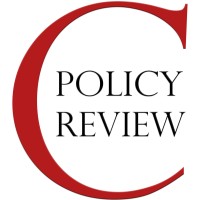
10,000 Friends of Pennsylvania
As Pennsylvania’s economy and population changes, 10,000 Friends of Pennsylvania generates credible, workable solutions for the Commonwealth’s future. Through services including public policy development, research, technical assistance, coalition building, advocacy, and education, we create land use policies and practices that create great walkable places promoting the economic and environmental health of the Commonwealth. 10,000 Friends has offices in Philadelphia, Harrisburg, and Pittsburgh.






